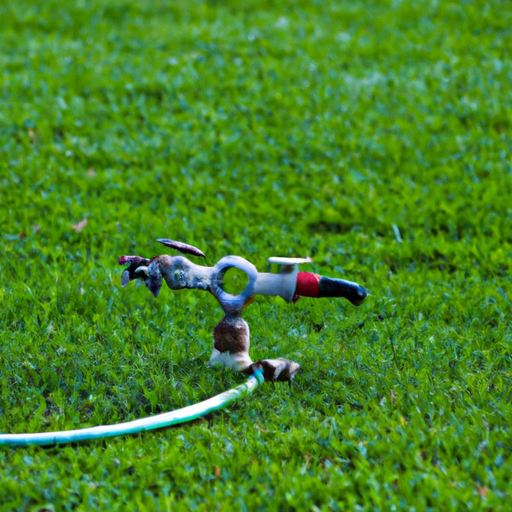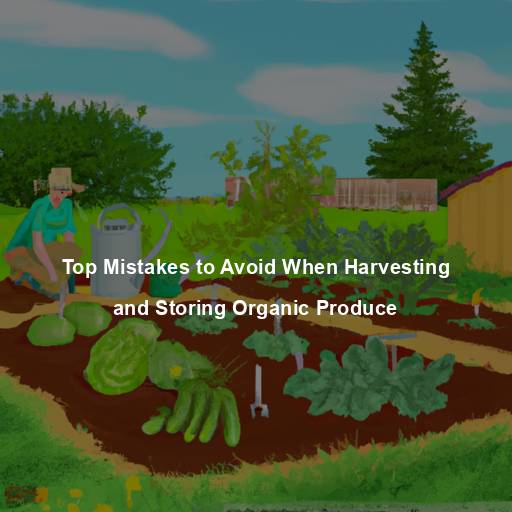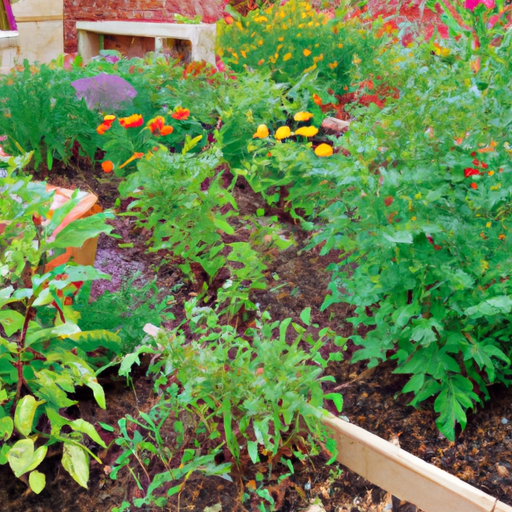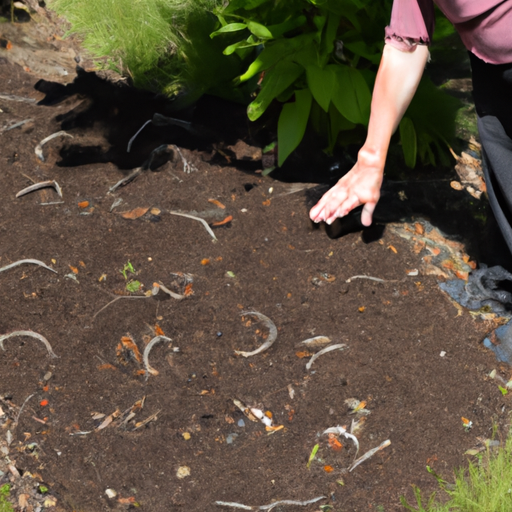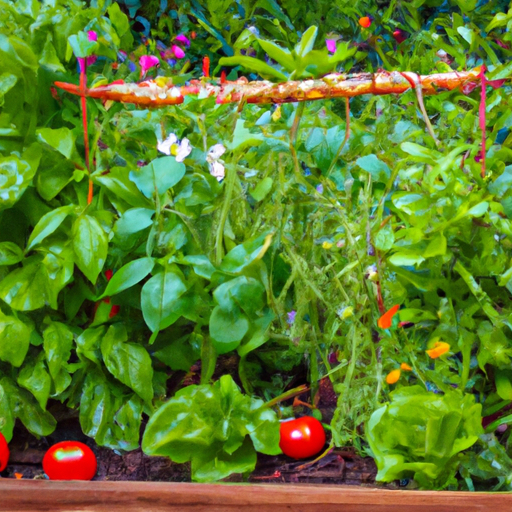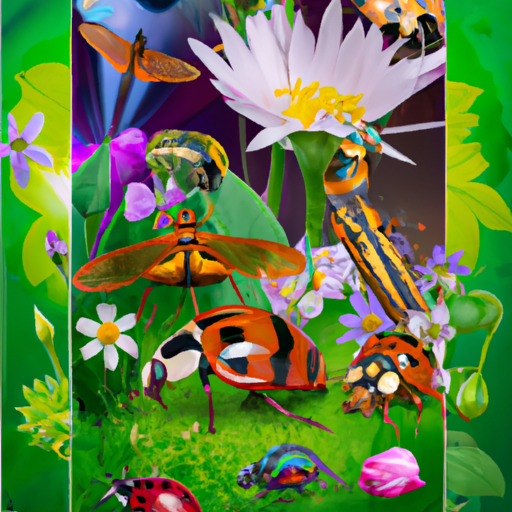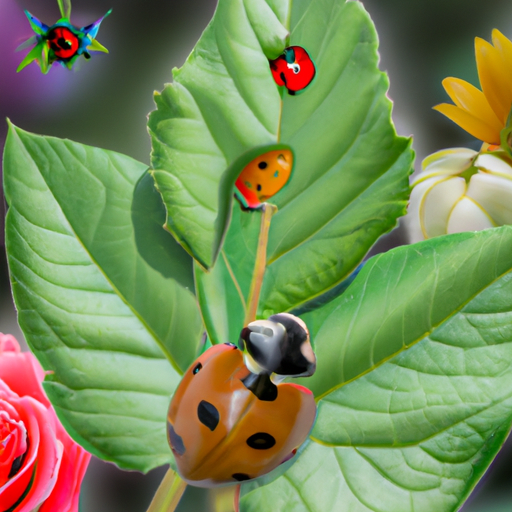As a Master Gardener, I know firsthand the importance of maintaining your irrigation system. A well-functioning irrigation system can make all the difference in ensuring your plants thrive and grow to their full potential. However, without regular maintenance, even the most advanced systems can become clogged with debris or suffer from leaks that lead to water waste.
Regular maintenance is essential for keeping your irrigation system working efficiently throughout its lifespan. Maintaining an irrigation system involves regularly checking for any signs of wear and tear or damage caused by weather conditions, pests, or improper use.
By doing so, you will ensure that your irrigation system continues to provide optimal watering coverage while reducing water usage and costs associated with repairs or replacements down the line.
In this article, we’ll discuss just how important it is to keep up with regular maintenance for your irrigation system and some tips on how to do so effectively.
Efficient Watering For Healthy Plants
As a Master Gardener, I cannot stress enough the importance of efficient watering for healthy plants.
A proper watering schedule is crucial to maintain soil moisture levels and ensure your plants receive adequate hydration without overwatering them.
Overwatering can lead to root rot, nutrient leaching, and other problems that can harm or kill your precious foliage.
By keeping track of how much water your irrigation system delivers and adjusting it according to weather conditions, you can prevent these issues and promote optimal plant growth.
Remember, healthy plants start with proper irrigation maintenance!
Signs Of Wear And Tear
Efficient watering techniques are essential for keeping your plants healthy, but even the most efficient irrigation system can suffer from wear and tear over time.
Regular maintenance is crucial to ensure that your system continues to operate at peak performance, minimizing water waste and preventing costly repairs or replacements down the line.
Signs of wear and tear can include leaks, clogs, uneven spray patterns, or reduced water pressure. If you notice any of these symptoms, it’s important to take action right away to minimize damage and avoid further problems.
Repair vs. replacement will depend on several factors such as the age of the system and extent of damage. Common causes of damage include exposure to extreme temperatures, freezing conditions, soil settling or shifting, root intrusion, or accidental damage during lawn care activities.
To keep your irrigation system in top condition, make sure to schedule regular inspections with a qualified professional who can identify potential issues before they become major headaches.
By being proactive about maintenance and addressing signs of wear and tear promptly, you can extend the life of your irrigation system while enjoying lush greenery all season long.
Prevention Of Water Waste
To prevent water waste, it’s important to implement proper water conservation strategies.
Regular maintenance of your irrigation system is a crucial step in this process. By ensuring that all components are functioning properly and efficiently, you can avoid leaks and other issues that may result in wasted water.
Additionally, the health of your soil plays an important role in water conservation efforts. Healthy soil has better absorption capabilities, allowing for more effective distribution of water throughout your garden or lawn.
By maintaining both your irrigation system and soil health, you can minimize water waste while still achieving vibrant and healthy plant growth.
Effective Maintenance Tips
Now that we understand the importance of regular maintenance for our irrigation system, let’s discuss some effective maintenance tips.
First, it is essential to have a scheduled routine check-up on your irrigation system to prevent any potential issues from worsening. During these check-ups, you can perform irrigation system troubleshooting and identify leaks or broken parts that need immediate repair.
Regular seasonal adjustments are also necessary to optimize water usage efficiency during different times of the year. For example, in hot summer months, you may want to increase watering frequency and duration while reducing it during cooler seasons. Remember always to follow manufacturer guidelines when making changes to your irrigation system settings.
By following these simple tips, you can ensure your irrigation system works optimally and prolong its lifespan without having costly repairs or replacements down the line.
Cost Savings And Longevity
Listen up, green thumbs! If you’re looking to save some serious cash and keep your irrigation system running like a well-oiled machine for years to come, regular maintenance is the name of the game.
And lucky for you, there are plenty of ways to go about it – whether you opt for professional services or take matters into your own hands with some trusty DIY techniques.
Not only will proper upkeep prevent costly repairs down the line, but it can also extend the life of your system by leaps and bounds.
So don’t skimp on this crucial step in keeping your garden lush and healthy – your wallet (and plants) will thank you later.
Frequently Asked Questions
What Type Of Irrigation System Is Best For My Garden?
When it comes to choosing the right irrigation system for your garden, there are two main options: drip irrigation and spray irrigation.
Drip irrigation is ideal for gardens with plants that require less water as it delivers a slow, steady stream of water directly to the plant’s roots.
On the other hand, spray irrigation is best suited for larger areas or lawns as it covers more ground in a shorter amount of time.
Both systems have their pros and cons, so it ultimately depends on the specific needs of your garden.
Additionally, when deciding where to place your irrigation system, consider optimal areas such as near trees or shrubs that may need extra watering.
As a Master Gardener, I always recommend doing thorough research before making any decisions regarding your garden’s irrigation system to ensure its longevity and effectiveness.
How Often Should I Replace My Irrigation System?
Your irrigation system is like a loyal friend who needs care and attention to keep functioning at its best. It’s important to recognize the signs of wear and tear, such as leaks or uneven watering patterns.
But even with regular maintenance, there comes a time when your irrigation system reaches the end of its lifespan. So how often should you replace it?
As a Master Gardener, I recommend evaluating your system every 10-15 years to ensure optimal performance. Don’t wait until it breaks down completely! By planning ahead for replacement, you’ll avoid costly repairs and enjoy a healthy garden for years to come.
Can I Install An Irrigation System Myself, Or Should I Hire A Professional?
If you’re thinking about installing an irrigation system, it’s important to weigh the pros and cons of DIY installation versus hiring professionals.
While a DIY installation may save money in the short term, it can lead to costly mistakes down the line if not done correctly.
Hiring a professional ensures that your irrigation system is installed properly and efficiently, which can save you time and money in the long run.
Plus, professionals have access to specialized tools and equipment that make installation easier and more effective.
So before taking on a DIY project, consider whether investing in professional help is worth it for the longevity of your irrigation system.
What Are Some Common Mistakes People Make When Maintaining Their Irrigation Systems?
As a Master Gardener, I often come across neglected components in irrigation systems that could have easily been avoided with routine maintenance.
One common mistake people make is not adjusting their watering schedule according to the season or weather changes. This can lead to overwatering or underwatering, wasting water and damaging plants.
Another issue is neglecting important components such as valves, pipes, and sprinkler heads which can become clogged or damaged over time. Regular maintenance of these parts will ensure proper functioning and longevity of your irrigation system.
Don’t let simple mistakes ruin your garden oasis – take care of your irrigation system with regular upkeep!
Are There Any Eco-Friendly Irrigation Systems Available?
‘Green living starts with responsible gardening,’ as the old adage goes, and part of that responsibility is taking care of our natural resources.
Eco-friendly irrigation technology has made great strides in recent years, providing gardeners with water conservation techniques that not only benefit the environment but also help lower bills.
Drip irrigation systems, for example, deliver water directly to plant roots using a slow drip method that reduces water loss from evaporation or runoff.
Rainwater harvesting systems collect rainwater from roofs and store it for later use on gardens or lawns.
As Master Gardeners, we have a duty to explore these options and make informed decisions about how we can best protect our planet while enjoying its bounty.’
Conclusion
In conclusion, maintaining your irrigation system is crucial for the health and growth of your garden. By choosing the right type of irrigation system, you can save water and reduce your environmental impact.
Regular maintenance, including checking for leaks and adjusting sprinkler heads, should be done at least once a year to ensure that your system is working efficiently.
As Master Gardeners, we know that a garden is more than just plants; it’s an ecosystem that requires care and attention.
Just like how our bodies need regular exercise and check-ups to stay healthy, our gardens need regular maintenance to thrive.
So remember: take care of your irrigation system, and watch as your garden blossoms into its full potential like a butterfly emerging from its cocoon.
